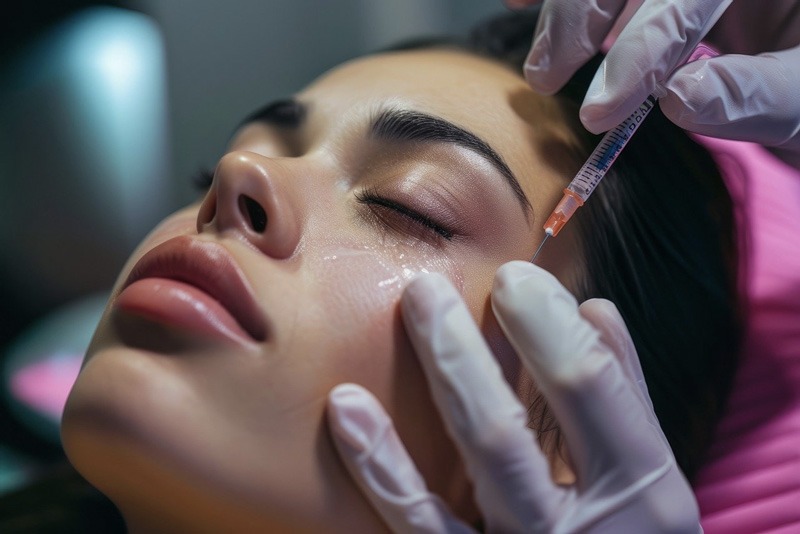Duty of Care Explained: What You Should Realistically Expect from Beauty Specialists

When you step into a beauty salon or spa, you’re not just seeking a service; you’re entrusting your well-being to the hands of beauty specialists. In this realm of relaxation and rejuvenation, a fundamental principle known as “duty of care exists.” This principle outlines beauty specialists’ responsibility towards their clients, encompassing various aspects of safety, professionalism, and ethical conduct. Let’s delve into what duty of care entails and what you should realistically expect from beauty specialists.
Understanding Duty of Care
At its core, duty of care refers to professionals’ legal obligation to ensure their clients’ safety and well-being. In the context of beauty services, this extends beyond merely providing a satisfactory outcome; it encompasses every aspect of the client’s experience, from consultation to aftercare, as attested to by beauty injury claims solicitors from Shires Law.
Comprehensive Consultation
A crucial aspect of the duty of care is a comprehensive consultation. Before any treatment begins, beauty specialists should thoroughly assess the client’s needs, preferences, and medical history. This includes discussing allergies, sensitivities, and any pre-existing conditions that may affect the chosen treatment.
Tailored Recommendations
Based on the consultation, beauty specialists should offer tailored recommendations that prioritise the client’s safety and desired outcomes. This may involve suggesting alternative treatments or adjustments to accommodate specific concerns or limitations.
Transparent Communication
Transparency is key to fulfilling the duty of care. Beauty specialists should communicate openly and honestly with clients about the potential risks, benefits, and expected results of each treatment. This includes providing clear instructions for pre- and post-treatment care to optimise results and minimise any adverse effects.
Hygiene and Sanitation Standards
Maintaining high standards of hygiene and sanitation is non-negotiable in the beauty industry. Beauty specialists must adhere to strict cleanliness protocols to prevent the spread of infections and ensure the safety of their clients. This includes sterilising equipment, using disposable tools when necessary, and regularly disinfecting surfaces.
Continual Education and Training
Beauty specialists must stay informed about the latest techniques, products, and safety protocols in a rapidly evolving industry. Continual education and training are essential for providing clients with the highest level of care and minimising the risk of errors or complications.
Emergency Preparedness
While rare, emergencies can arise during beauty treatments. Whether it’s an allergic reaction, a sudden medical issue, or a technical malfunction, beauty specialists must be prepared to handle unexpected situations calmly and effectively. This includes having appropriate first aid training, access to emergency supplies, and clear protocols for escalating issues if necessary.
Post-Treatment Support
The duty of care doesn’t end when the treatment does. Beauty specialists should provide ongoing support and follow-up care to ensure clients are satisfied with the results and recover well. This may involve scheduling follow-up appointments, providing skincare advice, or addressing any concerns or complications that arise after the treatment.
In beauty and wellness, the duty of care is a cornerstone principle that guides the actions and responsibilities of beauty specialists. By upholding high standards of professionalism, safety, and ethical conduct, beauty specialists can foster trust and confidence in their clients, ensuring that every visit is not just a service but a positive and fulfilling experience. As clients, it’s important to have realistic expectations of what constitutes proper care and to prioritise your safety and well-being above all else.
Image attributed to Pixabay.com








